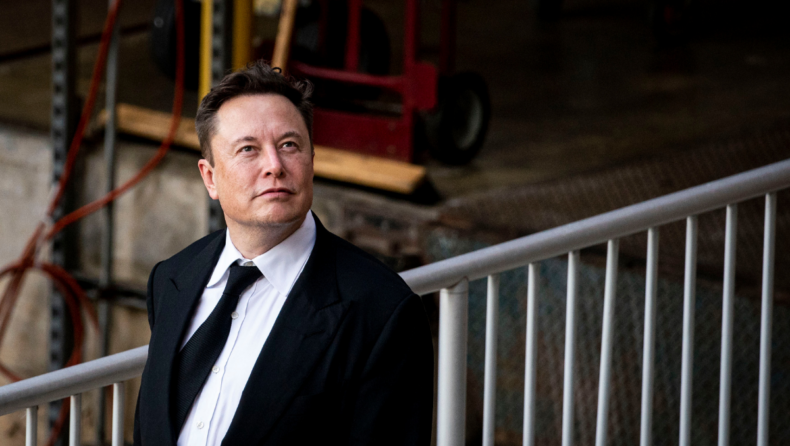The withdrawal is a stunning shift in a half-year story that began with Musk amassing an equity share, putting up a complicated financing plan, and then reaching a deal in April.
Elon Musk is attempting to terminate a deal to acquire Twitter Inc. for $44 billion and take it private, claiming that the business misrepresented user data and laying the groundwork for a protracted legal battle.
The withdrawal is a stunning shift in a six-month tale that began with Musk amassing an ownership share, putting up a complex financing plan, and then signing a contract in April.
Throughout the process, Musk has accused the corporation of deceiving the public about the amount of artificial accounts known as spam bots on its platform, culminating in a termination notice delivered on Friday.
“The Twitter Board is dedicated to finalising the acquisition at the agreed-upon price and terms with Mr. Musk and plans to pursue legal action to enforce the merger agreement,” said Bret Taylor, chairman of the board, in a tweet. “We are confident in our ability to triumph in the Delaware Court of Chancery.”
The Twitter Board of Directors is committed to complete the acquisition at the agreed-upon price and terms with Mr. Musk and intends to take legal action to enforce the merger agreement.
We are certain that we will be successful in the Delaware Court of Chancery.
According to legal experts, the legal dispute will take place in a court that has historically frowned on efforts to overturn merger agreements and might result in a settlement in which Musk is obliged to purchase Twitter, presumably under changed conditions.
The entire purchase has been a frenetic and untraditional affair, mostly played out on Twitter’s own social network. Musk, the wealthy CEO of Tesla Inc., went from being a frequent user to announcing a major interest in Twitter and then launching an unsolicited takeover offer – complete with no defined funding plans – in a matter of weeks.
The arrangement came together quickly in part because Musk declined to check into Twitter’s finances beyond what was publicly disclosed.
Musk changed his mind about buying Twitter shortly after planning to do so in April.
Meanwhile, the agreed-upon price of $54.20 per share appeared to be improving for Twitter as the social network struggled to sell advertisements and implemented a hiring freeze, while its shares were battered by a broader market crisis.
The disparity between Twitter’s shares and the offer price has increased, indicating growing pessimism that the acquisition will go through.
Musk’s termination letter further weakened Twitter shares and cast uncertainty on the company’s future following months of ups and downs, mostly due to Musk’s fluctuating public pronouncements regarding the transaction.
Employees were advised on Friday not to discuss the purchase on Twitter or Slack because it is now considered an ongoing legal case, according to a source familiar with the situation.
Twitter has refuted Musk’s assertions about spam bots, claiming that bots account for fewer than 5% of total users, with executives confirming their figures as recently as Thursday in a press conference.
According to the letter, Musk and his team requested additional information about bots from Twitter but did not get enough to answer their queries.
The data has “strings attached, usage constraints, or other artificial formatting elements,” making it “minimally valuable.” Musk believes the number of spam bots is far larger than 5%, he stated in the letter, without providing evidence.
Musk also said that Twitter had failed to follow its standard business practises. The San Francisco-based corporation implemented a hiring freeze, ousted senior executives, and had other significant departures.
“The firm has not secured parent’s authorization for changes in the operation of its business, including the particular modifications stated above,” Musk said in the letter, describing the situation as a “material violation” of the merger agreement.
Under certain conditions, Musk’s agreement with Twitter included a provision requiring the party breaching the agreement to pay a $1 billion termination fee. Legal experts have argued whether the dispute over spam bots is significant enough to allow Musk to walk away from the arrangement.
Read More-
- Check the latest Petroleum prices in Delhi, Mumbai on July 9
- What causes the rupee collapse, and what can the Reserve Bank do?
- Former Japanese PM Shinzo Abe passes away shortly after being shot
- The shooting of Japan’s former leader shocks the country, scarce weapons
- A chronology of former Japanese Prime Minister Shinzo Abe’s career













